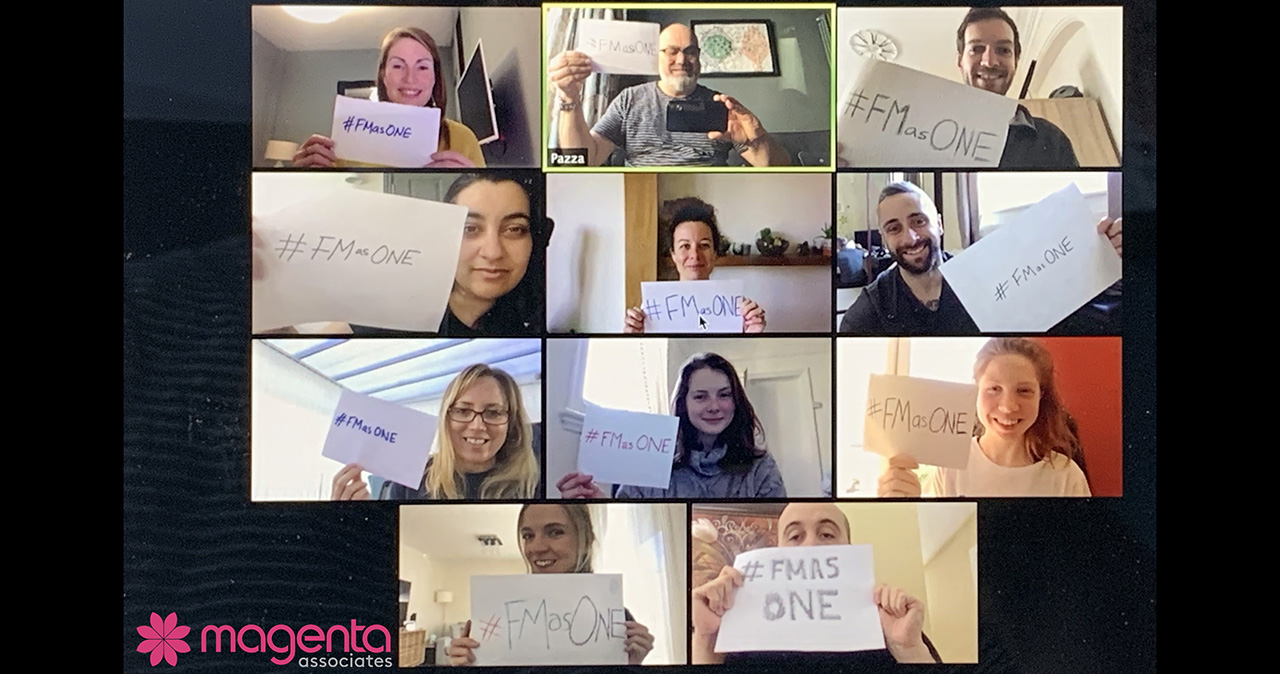This isn’t the World FM Day that anyone expected. The theme planned for this year’s international celebration of facilities management, ‘Celebrating our environment’, feels secondary to a deadly global pandemic.
Yet, if the goal of World FM Day is to promote the incredible work that FM does, no other event could demonstrate the industry’s contribution with such consequence or precision. Facilities teams are risking their lives to keep everyone else safe. Cleaners, security officers and engineers continue to travel to work every day while the majority of the population remains at home. Meanwhile, facilities managers will soon be responsible for reopening workplaces in a safe manner, as the government eases lockdown rules. It will be their job to introduce new hygiene regimes and enforce effective social distancing measures.
The return to work may happen sooner rather than later. The Government’s official position is that employees who cannot work from home must return to the office. Yesterday, it released new guidance that sheds some light on what employers’ responsibilities will look like. The 50-page document offers facilities managers practical advice on how to reorganise the workplace in the coming months.
Below, we’ve summarised the main points:
Workplaces
Employers are encouraged to review layouts and processes to help maintain social distancing. Marking the floor with tape or paint will help workers abide by the two-metre rule.
Where it is not possible to move desks further apart or maintain the appropriate distance, workstations should be arranged so that people are facing away from each other and screens should separate employees.
Employers should manage occupancy levels to help maintain social distancing and avoid using hot desks. In workplaces where this is not possible, such as call centres, sanitising stations should be placed between shared equipment.
Meetings
Remote working tools should replace in-person meetings. If in-person meetings are absolutely necessary, participants should hold them outdoors or in well-ventilated rooms whenever possible.
Common areas
Employers must work with landlords and other tenants in multi-tenant sites to ensure consistency across common areas including receptions and stair cases. Staggering break times will also help to reduce footfall through canteens and break rooms.
Employees should be encouraged to bring their own food. Providing packaged meals will also ease the pressure on staff canteens. Staff should stay on-site during these breaktimes and maintain social distancing if they leave the building.
The use of personal storage space will also reduce the risk of transmission.
Keeping the workplace clean
Cleaning should be more frequent, paying close attention to high-contact areas, such as door handles and keyboards. All workspaces should be cleared of belongings and waste at the end of every shift. Access to high-touch equipment, such as printers and white boards, should be limited. Cleaning areas contaminated after a confirmed or suspected case of COVID-19 should follow the Government’s specific guidance.
Hygiene
Employers should fit signs and posters to build awareness of good handwashing and personal hygiene habits. Employees should avoid touching their face, bin tissues safely and sneeze into their arm if a tissue isn’t available.
Clear guidance for toilets will ensure that they are kept clean and social distancing is maintained. Paper towels should replace hand dryers where possible. More frequent cleaning in busy areas, more waste facilities and more frequent rubbish collection are also advised.
It may not be the happiest World FM Day, but it is the most significant. Thousands of FM people will be working behind the scenes today despite the risk to their own safety. The next few months will be tough, so it is vital that we remember the work that they do and support them in any way we can.
You can show your support by taking part in the #FMasONE campaign.









